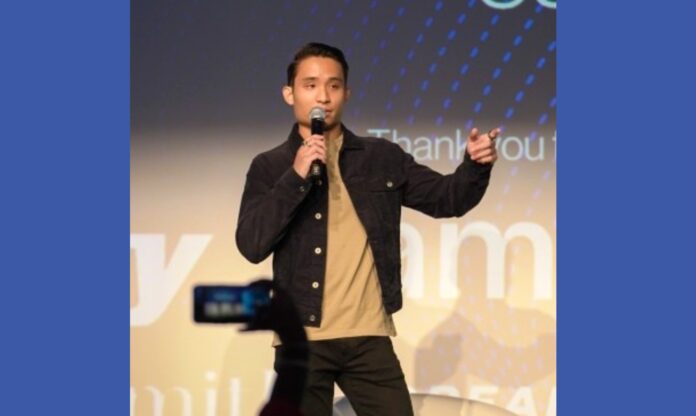Andrew Yeung is an interesting entrepreneurial fellow, who like myself, wears many hats. An alumnus of both Google and Facebook, Andrew has lately reinvented himself as an organizer of tech-centric networking events; over the past three years, he’s run more than 300 real-world events in New York City attended by more than 25,000 people, leading Business Insider to describe him as “The Gatsby of Silicon Alley.” Today, Andrew runs about 5 events a month (if you’re interested in attending any of them, you can sign up at http://www.andrewtoday.com.
Because I have a keen interest in events, I wanted to catch up with Andrew to discuss what motivated him to launch his project, what he hopes to achieve, and what might lie ahead.
What’s intriguing and a bit unusual about what Andrew is doing is that a lot of his motivation is powered by a desire to do good, not just to get ahead. As he explains, “I approached it from the perspective from a very human angle, you know, there’s nothing in it for me, other than just wanting to make friends and give back to the community.”
Andrew and I agree that there’s a tremendous pent-up demand for real-world networking events, and that many younger technology industry people feel awkward when it comes to networking. As he notes, “we’ve seen so many reports on the impact of loneliness and people just wanting to find their communities, especially in the Gen Z millennial age range, where people just graduated college at a time where it was unacceptable to leave the apartment. So people are attending for social reasons, business reasons and just craving that community aspect, which is why in New York alone, you’re seeing 10 new social clubs pop up every month.”
Beyond organizing and hosting events, Andrew is an angel investor, and we spent a bit of time chatting about his philosophy towards investments. As he explains, he looks for companies with a large growth potential, a brilliant founder, and a problem that could be addressed with a venture-scale product.
Lastly, we debate the best approach to product development in an agile environment, with Andrew advocating for prioritizing customer feedback along with a more flexible approach to product road mapping, touch upon the potential impact of AI to speed up product development, and discuss Andrew’s approach to management, which focuses on empowering team members to make decisions and work on tasks they’re passionate about.


